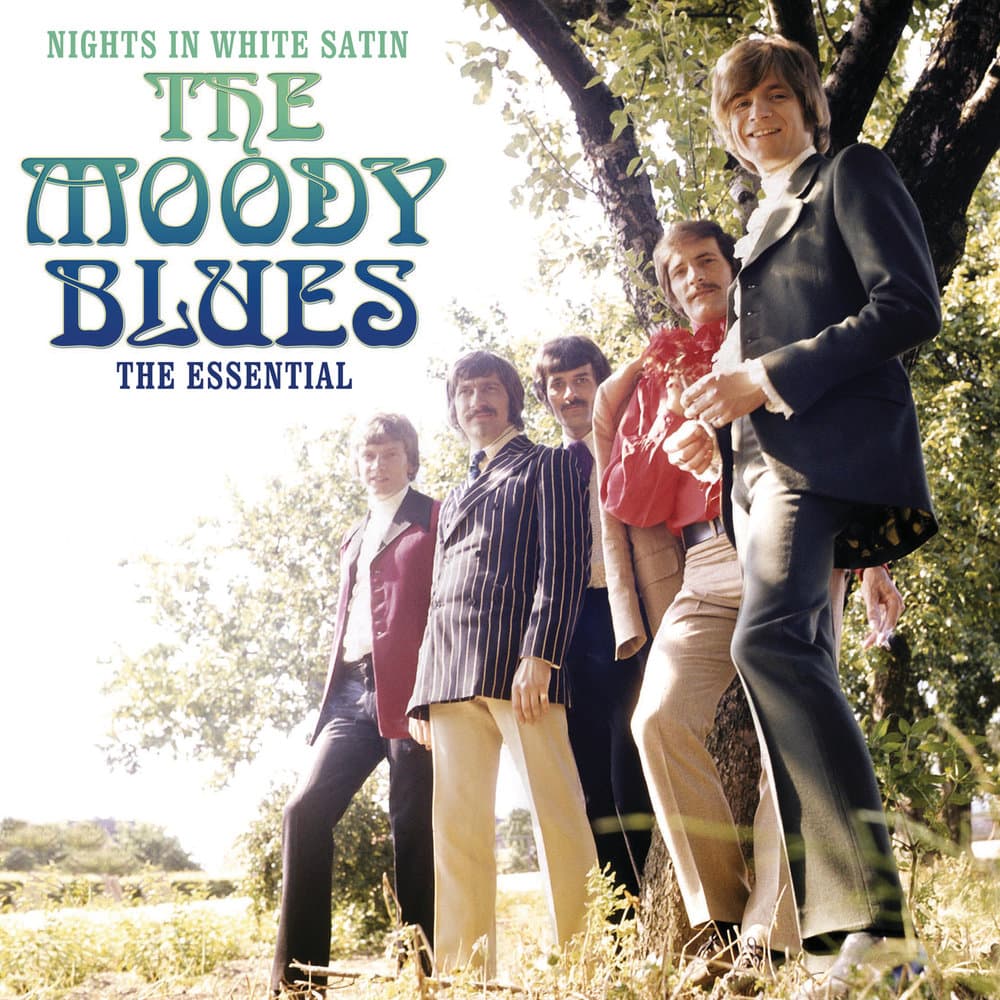
A Timeless Journey Through Love and Loss: “Nights in White Satin” by The Moody Blues
“Nights in White Satin”, a hauntingly beautiful ballad by The Moody Blues, remains one of the most cherished songs of the late 1960s, resonating with generations of listeners. Released in 1967 as part of their album Days of Future Passed, it swiftly captured the hearts of fans and critics alike. The song reached number 2 on the UK Singles Chart and hit number 103 on the Billboard Hot 100 in the United States. It wasn’t an instant chart-topping hit, but its mesmerizing, melancholic tone made it one of the most enduring anthems of the era.
The song is an emotional exploration of love, longing, and the inevitable passage of time. Its soft, orchestral introduction paired with Justin Hayward’s aching vocals creates a poignant atmosphere, inviting listeners to reflect on life’s fleeting nature. The use of the phrase “Nights in white satin” evokes a sense of sadness and nostalgia, capturing the feeling of a love that has passed or is slipping away. The imagery of satin—the luxurious yet fragile fabric—perfectly mirrors the fragile nature of human emotions.
Behind its lyrical depth lies a story of introspection. “Nights in White Satin” was written by Justin Hayward, the band’s lead guitarist and vocalist, who was deeply influenced by his own experiences with love and loss. The orchestral arrangement, crafted by conductor Peter Knight, was a unique blend of rock and classical music, which was groundbreaking at the time and added to the song’s mystical quality. This fusion of genres was a reflection of the cultural experimentation that defined the 1960s.
The song’s lasting appeal can be attributed not just to its melancholic beauty but also to its universal themes. It’s a song that speaks to the hearts of listeners, especially those of us who have lived through the passage of time and experienced the complexities of love—whether it be the joy of finding it or the pain of letting it go. The lyrics, which are tinged with both hope and despair, echo the bittersweetness of life’s fleeting moments, reminding us that time, like satin, is soft but slips away too quickly.
As we listen to “Nights in White Satin” today, its emotional power remains undiminished. It continues to stir memories of a time when love and life felt a little simpler, even though the song itself touches on the inevitability of change and loss. For many older listeners, this song may bring back memories of their own romantic moments—whether those were moments of joy or heartache, of youth or of nostalgia for times gone by.